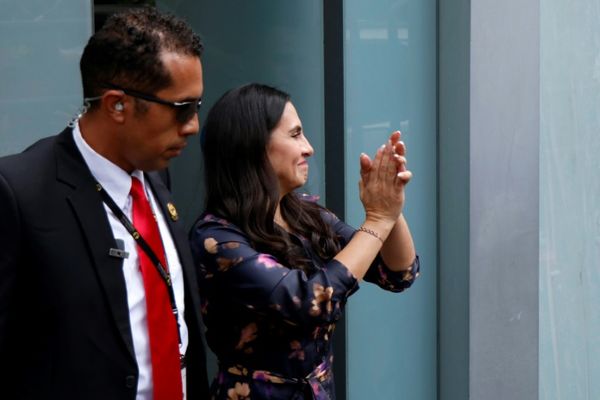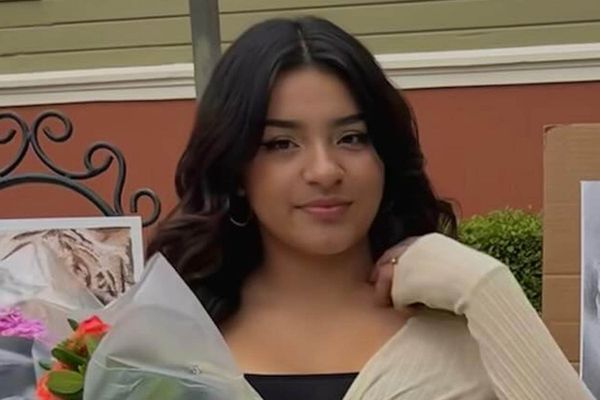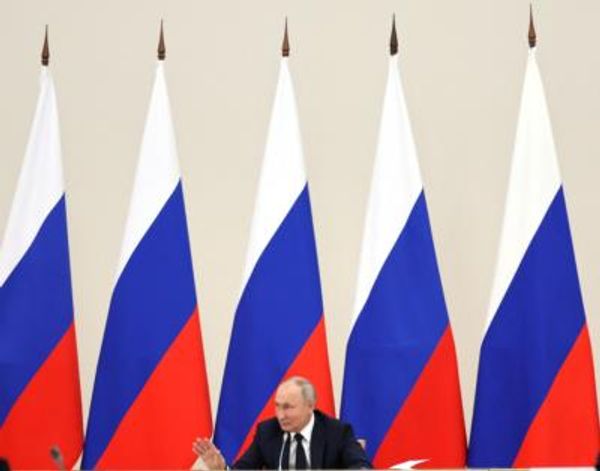
He’s done time in prison for his outlandish brand of environmental activism, publicly heckled the president of the United States over our troops in Iraq, and came out as the first openly gay politician some two decades before it was legal in his home state of Tasmania. Yet the one thing that continues to dog Australia’s environmental forefather Bob Brown is the CPRS veto.
The Carbon Pollution Reduction Scheme, or CPRS, was front of mind for many when Brown’s successor Adam Bandt dug in his heels about the crown jewel in Labor’s climate policy — the safeguard mechanism — in February. The Greens leader declared his party would only support amendments to the Coalition-era policy, which forces companies to slash emissions or cough up a fine, if Prime Minister Anthony Albanese swore there’d be no more coal and gas projects.
After some invaluable publicity, Bandt later revised the position to a request, not a dealbreaker, with the legislation passed through the Senate after the Greens won some concessions from the government. But that didn’t stop many — such as former head of the Department of Climate Change and Energy Efficiency Blair Comley and Climate and Energy Minister Chris Bowen — from drawing the false equivalence to Brown’s Greens voting down the CPRS in 2009.
Brown tells Crikey that Bowen’s handling of the safeguard mechanism — which includes a reliance on potentially dodgy carbon credits and a pay-as-you-go model that polluters seem fine with — “has forever blotted his copybook with his disdain for the Greens and his failure to take this opportunity to give us real environmental action … It’s Labor treachery, it’s his treachery of Australia”.
The only thing the CPRS negotiations and the safeguard mechanism have in common is Labor’s dodgy politics, Brown continues. “The outcome is a result of Labor’s politics, not a salute to sensible policy in 2023. And that was the case back in 2009, in that they negotiated with the Liberals, got a very poor outcome, and then said to us, ‘Take it or leave it’.”
Brown sensationally chose the latter, and it’s a good thing, he says, because “it would have failed to address climate change” while creating hefty corporate windfalls on the public dime. (The Greens went on to negotiate with then-prime minister Julia Gillard to pass a carbon pricing system with more bite in 2011 — a fact that seems to be continually brushed over.)
Brown says that despite the concessions the Greens forced from the government on the safeguard mechanism, Australians are now saddled with “legislation that’s not going to tackle climate change in the meaningful way we need to”.
“Labor is going to be opening more coal mines and gas projects, backed by the Liberals saying, ‘You should be going faster’,” Brown says. “We’re in a period of collective madness. And it’s going to hurt everybody. It’s going to rob everybody economically, as well as environmentally.”
It’s an exciting time to be a Green right now. Last year’s federal election saw the minor party claim nearly 2 million primary votes, creating a total of four seats in the House of Representatives and, crucially, 12 seats in the Senate, marking the party’s best-ever result.
Is there any part of Brown that wishes he was still a politician in the powerbroking party he co-founded? “No,” Brown says. “I’m much happier being an activist back out with the people at the front line, defending those forests, and those rare and endangered creatures, and encouraging people to take peaceful direct action, because it is their right.”
At 78, the steely Brown shows no sign of slowing down his brazen brand of environmental activism. He was arrested in November last year in a peaceful occupation of swift parrot habitat near Swansea, Tasmania — a logging site that was set to be mulched despite there being no public evidence of the logging’s legality, Brown says.
Brown’s decades-long determination to stick his neck out and become a human headline for environmental causes has undoubtedly bolstered the new younger generation of climate activists in Australia, like Disrupt Burrup Hub member Joana Partyka graffitiing a painting, and former Extinction Rebellion member Deanna “Violet” Coco’s arrest for blocking Sydney Harbour Bridge.
Brown has one thing to say to this new cohort about their gaudy, controversial and often reviled type of environmental activism: “It’s fantastic and it’s the only way. Nothing else is really going to get in the way of the Labor/Coalition determination to destroy more forests and exploit more fossil fuels,” Brown says.
However, Brown wasn’t similarly moved when former Greens senator turned independent Lidia Thorpe lay down in front of the police float at the 2023 Sydney Gay and Lesbian Mardi Gras Parade earlier this year. One, because he comes from a “long line” of police — Brown’s father was a NSW police officer — and two, because of what being an elected politician means to him.
Brown believes politicians should use their power to support “people who are taking action” by marching with them, rather than standing out in front. “Unless it’s an opportunity that other people don’t get, like George Bush coming to the Parliament,” he says. “As a politician”, the best way to take action is to — and Brown is choosing his words carefully now — “be with the people who want you to take action and show that you’re part of that community”.
Even so, Brown believes Thorpe taking “peaceful, direct action” alongside the community “is incredibly important”. It’s a method the septuagenarian has held close to his heart his entire political career. Just four years after he joined the United Tasmania Group (what would later rebrand as the Greens) in 1972, a spritely Brown fasted for seven days on the top of Tasmania’s Mt Wellington to protest the incoming nuclear-powered warship USS Enterprise, due to dock at Hobart.
Fast-forward to now and Australia’s $368 billion-dollar friendship bracelet with the US and UK — our AUKUS pact — is seeing the nuclear conversation gain traction again. Brown recalled a conversation with former prime minister Bob Hawke, where he’d tried to rally Brown’s support for a nuclear waste dump near the Nullarbor Plain.
Brown refused to lend his support to Hawke, and he remains a firm believer that nuclear technology is the biggest threat to the world along with climate change — yet “here we are, opening ourselves to pressure for a massive nuclear waste dump in Australia”.
It was hidden in the fine print of the AUKUS deal that Australia will be responsible for storing high-level nuclear waste from the decommissioned reactors despite having no site to store even low-level nuclear waste, something Defence Minister Richard Marles has waved away as a future problem we won’t need to deal with until the 2050s.
Despite his damning assessment of the current government’s legacy, Brown thinks there’s one enormous reason to be hopeful and optimistic that humanity can thwart the worst consequences of a climate meltdown in the coming years. “At the last federal election last year, more young people under the age of 24 voted Green than voted for the Coalition. This is a powerful statement about the future.
“It might be too slow, but the odds are the trajectory is loaded with people who are going to take action through their vote, even if they don’t through joining the protests in the street.”
The Giants, a new documentary about Bob Brown’s life and Tasmania’s ancient forests, will release in Australian cinemas nationally on April 20.







